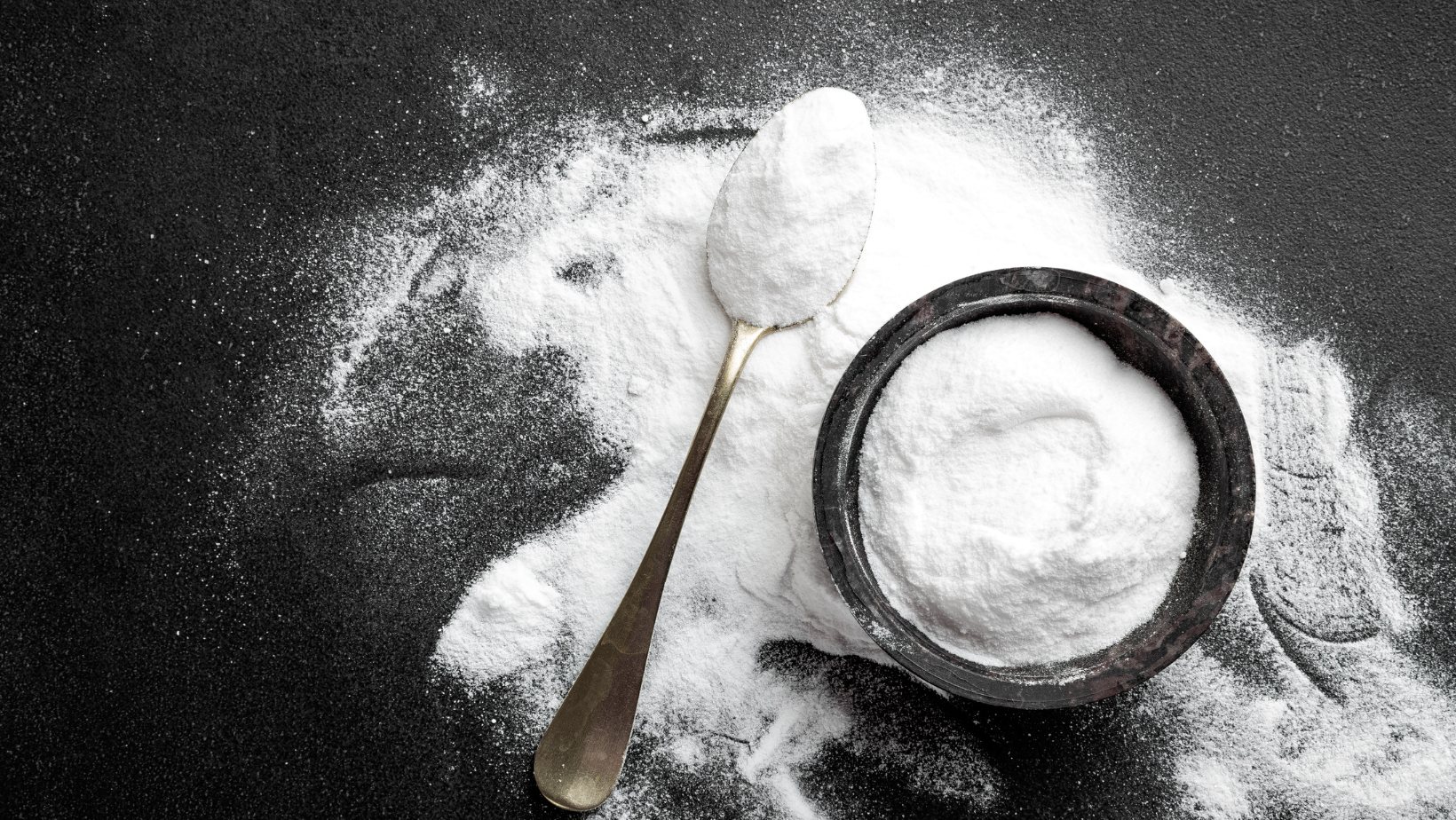I would like to debunk a myth that a lot of my patients and clients ask me about.
Sodium bicarbonate, commonly known as baking soda, has long been touted as a natural remedy for various ailments. One of its popular uses is to “alkalinize the body,” with the belief that an alkaline environment is healthier. However, this notion is based on a misunderstanding of how the body regulates its pH.
The Body’s pH Balancing Act
The human body has a remarkable ability to maintain a very tight pH range in the blood, typically between 7.35 and 7.45. This slightly alkaline environment is crucial for the proper functioning of enzymes and other biological processes. Consuming sodium bicarbonate, while temporarily raising the pH of the stomach, has little to no effect on the blood pH. The kidneys and lungs work tirelessly to excrete excess bicarbonate, ensuring the pH balance remains within the healthy range.
Sodium Bicarbonate and Cancer: A Different Story
While the idea of alkalizing the whole body to fight disease is misguided, research suggests that sodium bicarbonate might have a role in cancer treatment. However, the mechanism is not about making the entire body alkaline. Instead, it focuses on the tumor microenvironment.
How Does It Work?
Tumors often create an acidic microenvironment, which can promote their growth and spread. Studies have shown that sodium bicarbonate can:
- Neutralize tumor acidity: By raising the pH of the tumor microenvironment, sodium bicarbonate may help to inhibit tumor growth and make cancer cells more vulnerable to treatment.
- Improve drug delivery: The acidic environment around tumors can hinder the delivery of chemotherapy drugs. Sodium bicarbonate may help to improve drug penetration and efficacy.
Exploring Safer Alternatives
While sodium bicarbonate shows promise, it’s crucial to remember that using sodium bicarbonate or any other method to alter the tumor microenvironment for cancer treatment is not a DIY approach. Its use should be under the guidance of a qualified healthcare professional.
Additionally, more research is needed to fully understand the benefits and potential side effects of these strategies. Researchers are also exploring other ways to alkalinize the tumor microenvironment with potentially fewer side effects. These include:
Dietary Interventions:
- Alkaline Diet: This approach emphasizes consuming fruits, vegetables, and whole grains while limiting meat, dairy, and processed foods. The idea is that these foods produce less acidic “ash” after metabolism, contributing to a more alkaline environment. While more research is needed on its direct impact on tumor pH, it is believed to be beneficial in this respect and this diet has decades of supportive research.
- Ketogenic Diet: This very low-carb, high-fat diet forces the body to burn fat for energy, producing ketones. Studies suggest that ketones may have an alkalinizing effect on the tumor microenvironment.
Other Alkalinizing Agents:
- Citric Acid/Potassium-Sodium Citrate: This combination is used to treat metabolic acidosis and may also alkalinize the tumor microenvironment. Research suggests it can be effectively converted to bicarbonate in the body.
- Magnesium: Magnesium plays a role in regulating pH balance. Some studies indicate that magnesium supplementation may contribute to alkalinization.
Targeting Tumor Metabolism:
- Proton Pump Inhibitors (PPIs): These medications, commonly used to reduce stomach acid, may also inhibit proton pumps in tumor cells, leading to increased pH. However, research on their effectiveness in this context is ongoing.
- MCT Inhibitors: Monocarboxylate transporters (MCTs) play a role in transporting lactic acid out of tumor cells. Inhibiting MCTs may help to reduce acidity within the tumor.
Hyperthermia:
- Localized Hyperthermia or red light therapy: Applying heat to the tumor area may increase blood flow and oxygenation, potentially leading to a more alkaline environment.
- Far Infrared Sauna (FIR) Therapy: Sitting in a FIR sauna can potentially increase blood flow reducing hypoxia and improving acidity in the tumor microenvironment and has other benefits of reducing inflammation and enhancing immune system function as well.
Key Takeaways
• The body tightly regulates its pH, and consuming sodium bicarbonate does not significantly alter blood pH.
• Sodium bicarbonate may have a role in cancer treatment by alkalizing the tumor microenvironment, not the whole body.
• Safer alternatives to sodium bicarbonate are being explored.
• Always consult with a healthcare professional before using sodium bicarbonate or any other method to influence your health condition.
• There is no one-size-fits-all approach. Don’t do it alone if you have cancer. Get an integrative medical practitioner to help you.

